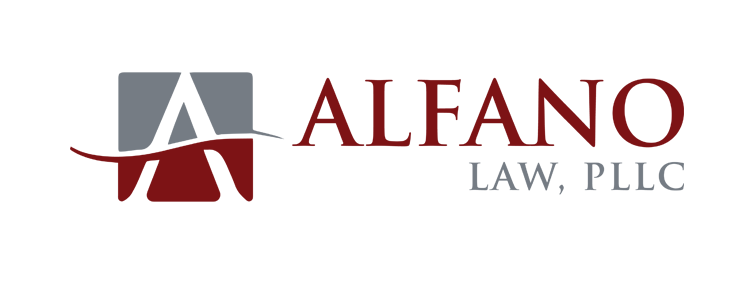Commercial Lease Explained: What Every Business Owner Should Know Before Signing
Besides a bank loan, a commercial lease likely will be the biggest financial commitment a business owner makes. In theory, inventory will be converted to cash, but loans and leases are fixed commitments. This guide explains the key components of a commercial lease, using examples common to New Hampshire businesses, to help you negotiate confidently and avoid surprises.
Rent: Triple Net vs. Gross vs. Modified Gross
Understanding rent structure is crucial to calculating your true occupancy costs.
· Gross Lease: You pay one flat amount, and the landlord covers property taxes, insurance, and building maintenance.
· Triple Net Lease (NNN): You pay rent plus your proportionate share of taxes, insurance, and maintenance - putting most ongoing expenses on the tenant.
· Modified Gross Lease: A hybrid structure that splits some costs, such as utilities or maintenance.
Tenants should request a breakdown of these charges before signing. The difference between a gross and triple net lease can add thousands of dollars per year to occupancy costs.
Common Area Maintenance (CAM) and Shared Expenses
If your space is part of a building with other tenants, you likely will pay a share of CAM expenses for things like landscaping, lighting, snow removal, atrium maintenance, and parking lot maintenance. Your CAM likely will reflect the share of total property expenses corresponding to your percentage of the building’s total square footage. The lease should state this calculation clearly.
Permitted and Prohibited Uses
Most leases define how the premises may be used. For example, a clause might allow “retail sale of baked goods” but prohibit “restaurant use” or “alcohol sales.” In shopping centers and strip malls, landlords often limit overlapping businesses to protect existing tenants.
Zoning and Legal Compliance
Leases do not override zoning requirements. If your lease does not align with zoning, the municipality may be able to stop your business from continuing to operate at that location. Always check with the local planning or zoning office to confirm your use is permitted.
Lease Term and Renewal Options
A start-up may want a one-year lease term in case the business fails, whereas the landlord will not want the space back on the market in a year. On the other hand, if the tenant gets a one-year term and the business does well, the landlord may decide to lease the space to someone else or increase the rent significantly, thus disrupting the tenant’s traction in the marketplace. Renewal clauses allow tenants to extend the lease by providing notice within a defined period, often six months before expiration. Ensure the renewal rent and terms are clearly spelled out. As with the length of a lease term, locking-in a fixed rent versus tying the rent to prevailing market terms has pros and cons for both landlords and tenants. The bottom line for tenants is to think through their needs and work them out with the landlord as best they can.
Personal Guarantees
Until your business establishes a track record of viability, tenants should be prepared to personally guarantee all payment obligations.
Fit-Up and Tenant Improvements
The “fit-up” process prepares the space for your specific business. The lease should define:
· What improvements the landlord will provide.
· What improvements the tenant will handle.
· Who pays for each component.
Liability, Indemnification, and Insurance
Liability provisions can be dense and confusing. Some leases require the tenant to indemnify the landlord for accidents occurring within the leased space - even those partially caused by the landlord. Review these clauses carefully and verify your insurance coverage matches the lease requirements. Send this paragraph to your insurance agent and ask if you are covered. Insurance coverage typically includes general liability (personal injury), property damage, and sometimes business interruption.
Damage and Eminent Domain
If the property is damaged or condemned, the lease will control whether rent abates or the lease terminates. The eminent domain section addresses how compensation is divided if the government takes all or part of the property for public use.
Property Tax Abatements
In New Hampshire, the party legally responsible for paying the property tax - typically the tenant under a triple net lease - generally has standing to seek a tax abatement. Confirm who holds this right and consider whether to request an abatement from the municipality. In New Hampshire, tax abatement applications must be filed by March 1 each year. Missing this deadline could cost tenants (and landlords) potential savings.
Do You Need a Lawyer?
Most business owners understand base rent, CAM charges, permitted uses, and renewal options, but they may not understand CAM charge allocation, liability provisions and the other topics mentioned above. If cost containment is your goal, start by having a lawyer identify the most critical provisions you should focus on while you handle the negotiations. You should at least understand the lease so you can evaluate the risks associated with signing. From there, you could ask your lawyer to handle whatever else you want, all the way up to handling the entire lease negotiation process.
For assistance with commercial leases or other real estate matter, please contact Alfano Law at (603) 856-8411 or by filling out our Contact Form. The firm offers free or low-cost initial consultations for most matters.

